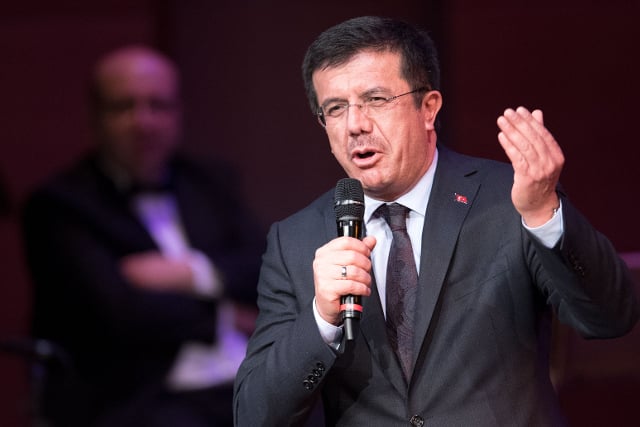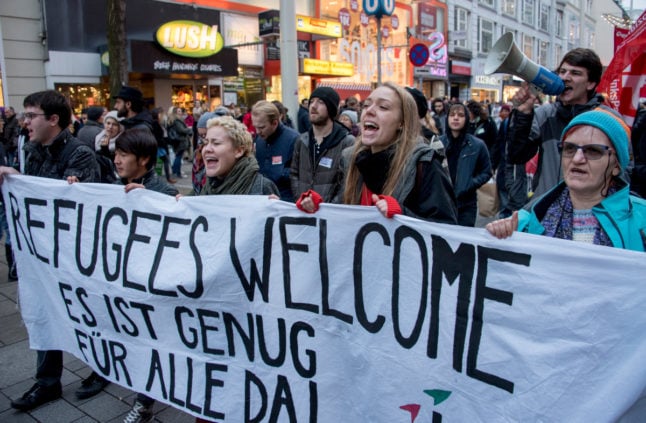“He has been barred because his visit was not planned as part of a bilateral exchange, but was about his public appearance at an event marking the coup attempt,” Austria foreign ministry spokesman Thomas Schnoell told AFP.
Zeybekci's attendance at the “large event” would have represented a “danger for public order”, Schnoell added.
“The Turkish government wants to exert its political influence in Austria. We won't allow that,” Austrian Chancellor Christian Kern told Oe1 public radio.
Turkish foreign ministry spokesman Huseyin Muftuoglu hit back at Vienna in a statement, accusing the Austrian authorities of demonstrating they were “not sincere in defending democratic values”.
The rally is scheduled to take place in Vienna on Sunday.
It is being organized by the Austrian branch of the Union of European Turkish Democrats (UETD), a pro-Ankara group present in several European Union countries.
UETD spokesman Ramazan Aktas called Vienna's move “undemocratic”.
The Turkish economy ministry said it had not made a formal request to organize an event to commemorate the July 15th failed putsch in Austria.
The ministry added in a statement there had been plans for Zeybekci to meet in the near future with the Austrian foreign and economic affairs ministers but made no separate demand.
Austria's move came three days after the Dutch government warned Turkey against sending its deputy premier, Tugrul Turkes, to address a rally in the eastern Netherlands this week to mark the abortive coup.
Ties between Ankara and the European Union have been strained over the crackdown that followed the July 15th 2016 attempted coup against President Recep Tayyip Erdogan.
Earlier this year, several countries including Austria and Germany banned pro-Ankara rallied ahead of a controversial referendum in April on granting Erdogan sweeping powers.
Turkish ministers had been heading to Europe to whip up support for a “yes” vote among millions of Turkey's voters who live abroad.
Some 360,000 people of Turkish origin live in Austria, including 117,000 Turkish citizens. Many are believed to be pro-Erdogan supporters whose vote helped him win the referendum.



 Please whitelist us to continue reading.
Please whitelist us to continue reading.